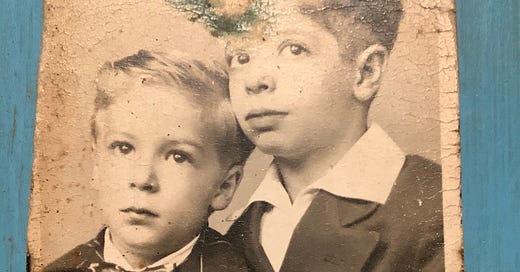Content Warning: graphic descriptions of death and decomposition
It was a while before my father’s body was found. His girlfriend was out of town, his workplace was an app based out of Salt Lake City, and he lived on his own.
His next door neighbor on one side, a sheriff in a neighboring county, kept odd hours due to her wo…


